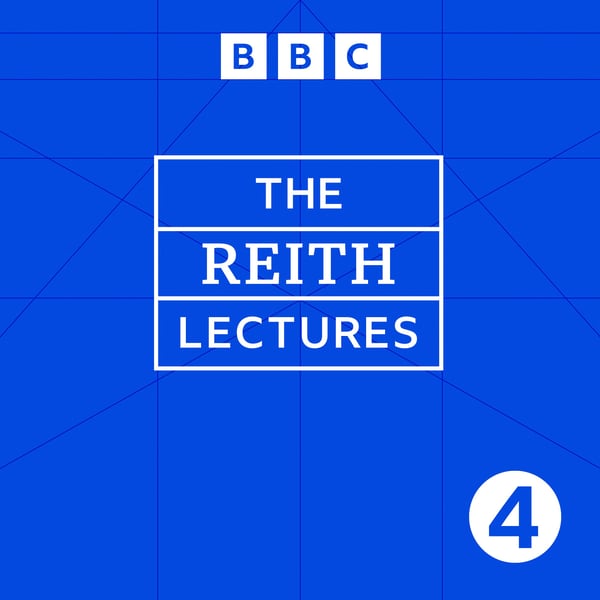Reith Revisited: Brian Cox on Robert Oppenheimer
The Reith Lectures
BBC
4.2 • 770 Ratings
🗓️ 27 September 2017
⏱️ 29 minutes
🧾️ Download transcript
Summary
Robert Oppenheimer, father of the atomic bomb, gave the BBC's Reith lectures in 1953. Sarah Montague and Professor Brian Cox consider the lessons to be learnt from them today.
The Reith Lectures began in 1948 on the Home Service, subsequently moving to Radio 4 and becoming a major national occasion for intellectual debate. As part of the celebrations of Radio 4's 50th anniversary, the network looks back at the first 10 years of the Reith Lectures to explore how they reflect the times in which they were delivered and how well they stand up now.
Producer: Neil Koenig Researcher: Josephine Casserley
Transcript
Click on a timestamp to play from that location
| 0:00.0 | You're about to listen to a BBC podcast, but this is about something else you might enjoy. |
| 0:05.4 | My name's Katie Lecky and I'm an assistant commissioner for on demand music on BBC Sounds. |
| 0:10.8 | The BBC has an incredible musical heritage and culture and as a music lover, I love being part of that. |
| 0:17.5 | With music on sounds, we offer collections and mixes for everything, from workouts to |
| 0:22.4 | helping you nod off, boogie in your kitchen, or even just a moment of calm. And they're all put |
| 0:28.3 | together by people who know their stuff. So if you want some expertly curated music in your life, |
| 0:35.0 | check out BBC Sounds. Thanks for downloading this edition of Reith Revisited, part of the special programming celebrating BBC Radio 4's 50th birthday. |
| 0:44.3 | In this episode, Sarah Montague and Professor Brian Cox reconsider the 1953 Reith Lectures by the man known as the father of the atom bomb, Robert Oppenheimer. |
| 0:57.7 | Russia, the atom and the west by George F. Kenner. |
| 1:02.2 | This series is given by Dr. Nicholas Pilsner. |
| 1:04.8 | Authority and the individual, and the speaker is the eminent philosopher Bertrand Russel. |
| 1:11.0 | We present the Reef lecturesures, an annual series of broadcasts, named in honour of the BBC's first director general. |
| 1:22.3 | We knew the world would not be the same. A few people laughed, a few people cried, most people was silent. |
| 1:30.1 | That's what Robert Oppenheimer said in 1965 as he recalled his reaction to the first test of an atomic bomb 20 years before. |
| 1:39.0 | Oppenheimer was director of the laboratory that built the bomb and is one of the few scientists who could genuinely |
| 1:45.3 | claim to have changed the world. But with power comes responsibility, as he made clear in his |
| 1:51.3 | 1953 wreath lectures. We are today anxiously aware that the power to change is not always |
| 1:59.2 | necessarily good. |
| 2:06.7 | As new instruments of war, newly massive terror, |
| 2:10.9 | add to the ferocity and totality of warfare, |
| 2:13.4 | we understand, for instance, |
| 2:17.5 | that it is a special mark and problem of our age that man's ever-present preoccupation with improving his lot, |
... |
Transcript will be available on the free plan in -2743 days. Upgrade to see the full transcript now.
Disclaimer: The podcast and artwork embedded on this page are from BBC, and are the property of its owner and not affiliated with or endorsed by Tapesearch.
Generated transcripts are the property of BBC and are distributed freely under the Fair Use doctrine. Transcripts generated by Tapesearch are not guaranteed to be accurate.
Copyright © Tapesearch 2025.

